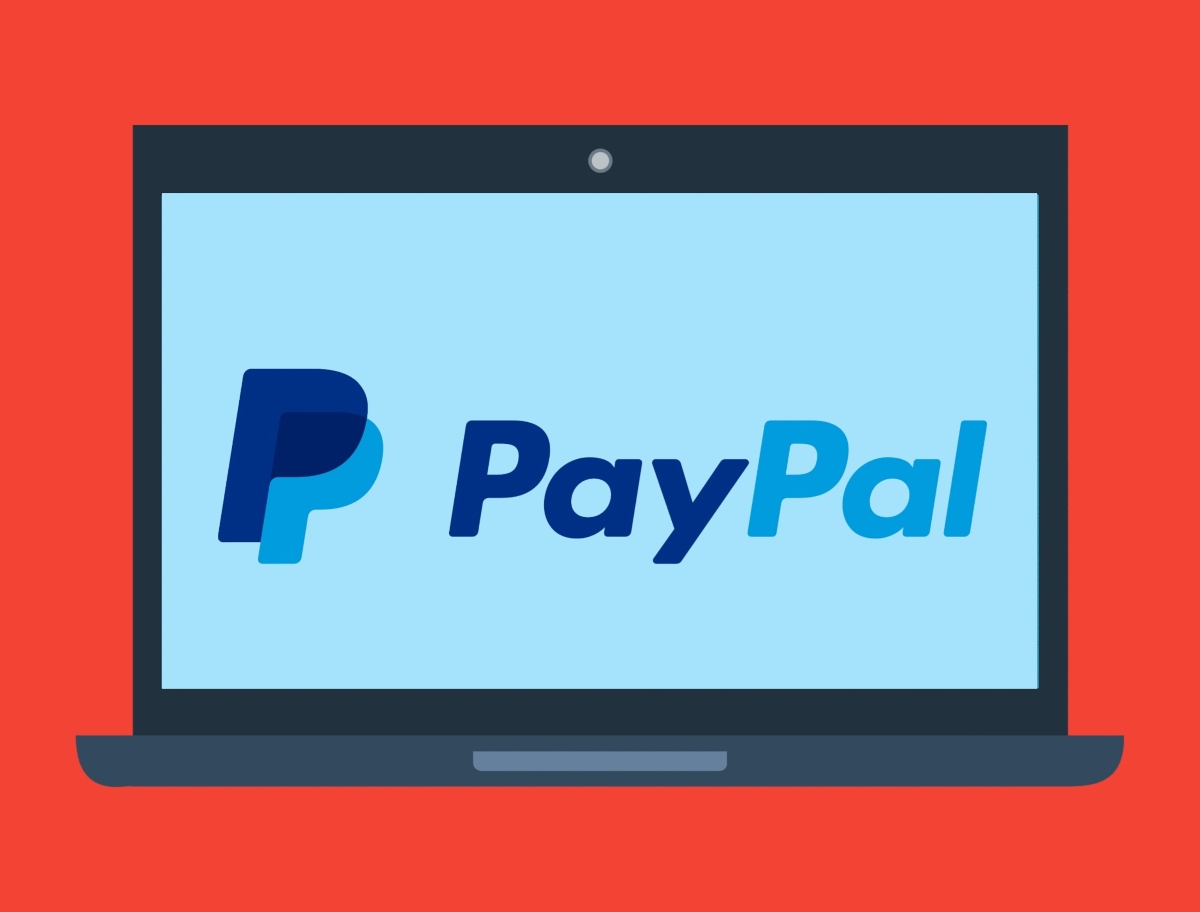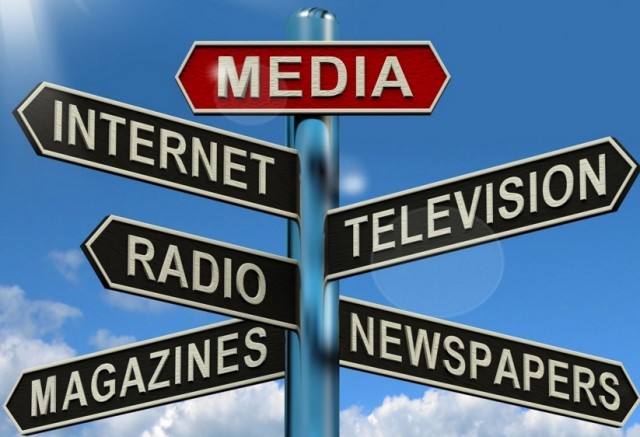Social media mind games: Psychologist reveals Facebook’s manipulation tactics to keep you hooked (and what you can do about it)
12/26/2017 / By Rita Winters

Admit it; you’re on Facebook — if you’re not in it, you know at least someone who is. Platforms such as this, called social media sites, come and go through the years. However, only one company — Facebook — has stood the test, growing steadily with each passing year. But what does Facebook have that other social media platforms don’t? Psychologist Simon McCarthy-Jones from Trinity College Dublin attributes the social media site’s success to its capacity to influence a person’s behavior as the reason behind it.
Facebook, the social media platform created by Mark Zuckerberg, started out as FaceMash in 2003, a platform where Harvard students compared two student pictures and decided who was hotter of the two. The site quickly gained fame in nearby colleges, and Harvard administration shut down the operation based on a breach of security and violation of individual privacy. While charges against Zuckerberg were dropped, he continued to write new code to further his intention of creating a website to connect people around the university. From there, he created Facebook, the world’s leading social connectivity platform, and the most addicting website of all time. From college fad to worldwide sensation, Facebook is known to retain its hundreds of millions of users for decades.
No one did question its addicting qualities, but many people are now noticing how social life has changed, and at times, not for the better. At restaurants, you’d see people staring emptily on their smartphone screens. Instead of conversing with each other physically, students choose to communicate through status updates and comments. Addiction from social media platforms like these tend to create a social void in the physical world, and it isn’t healthy at all. McCarthy-Jones explains that Facebook is exploiting a human psychological trap, fueled by our inherent need to belong and desire to gain social status.
The human condition
Humans are not that far from pigeons. In the 1950s, B.F. Skinner created a behavioral study on pigeons that can be related to human behavior. In the study, he conditioned pigeons to associate pecking a button with food. Results from the study show that pigeons who were given food after pecking a button developed a tendency to peck a button much more often, and a secondary group of pigeons who were given food only sometimes after pecking a button developed a much more frenzied and compulsive pecking behavior.
Zuckerberg understood this loophole and applied it to the human psyche. He created an online platform where we were rewarded for “pressing a button.” This reward for us humans is dopamine, triggered by every “like” and comment from posting a status update on the platform. The more “likes” a status update receives, the more you create status updates. The more positive comments that you get from posting a picture of yourself, the more you upload photos. When you don’t get any reaction from your “friends list,” frustration takes over for not being noticed or acknowledged; hence, more posts are created as a way to gain attention. Similar to marijuana and cocaine, Facebook triggers and exploits dopamine, a neurotransmitter that controls our brain’s reward and pleasure centers.
Getting off the hook
- Limit your Facebook time to 10 minutes a day. It might be difficult at first, but you can make the reduction incrementally – one hour, to 30 minutes, to 10 minutes a day.
- For every itch to check Facebook notifications, do a push-up. This way, you’ll get off Facebook and become physically fit at the same time.
- Spend time with friends in the real world by going out on coffee dates, or simply conversing with office mates at the pantry during your break.
- Before going to bed, keep your phone a walking distance away from you. If you use your phone as an alarm, walking towards it will help you get up.
Like quitting a bad habit, getting off Facebook takes time and much effort. In the end, you’ll find that happiness doesn’t come from Facebook, but from experiencing life as it should be.
Sources include:
Submit a correction >>
Tagged Under:
addiction, behavioral psychology, dopamine, Facebook, facebook addiction, facebook psychology, facebook trap, human psychology, mark zuckerberg, mind control, mind games, Psychology, Social media
This article may contain statements that reflect the opinion of the author
RECENT NEWS & ARTICLES
COPYRIGHT © 2017 GOVTSLAVES.COM
All content posted on this site is protected under Free Speech. GovtSlaves.com is not responsible for content written by contributing authors. The information on this site is provided for educational and entertainment purposes only. It is not intended as a substitute for professional advice of any kind. GovtSlaves.com assumes no responsibility for the use or misuse of this material. All trademarks, registered trademarks and service marks mentioned on this site are the property of their respective owners.



















